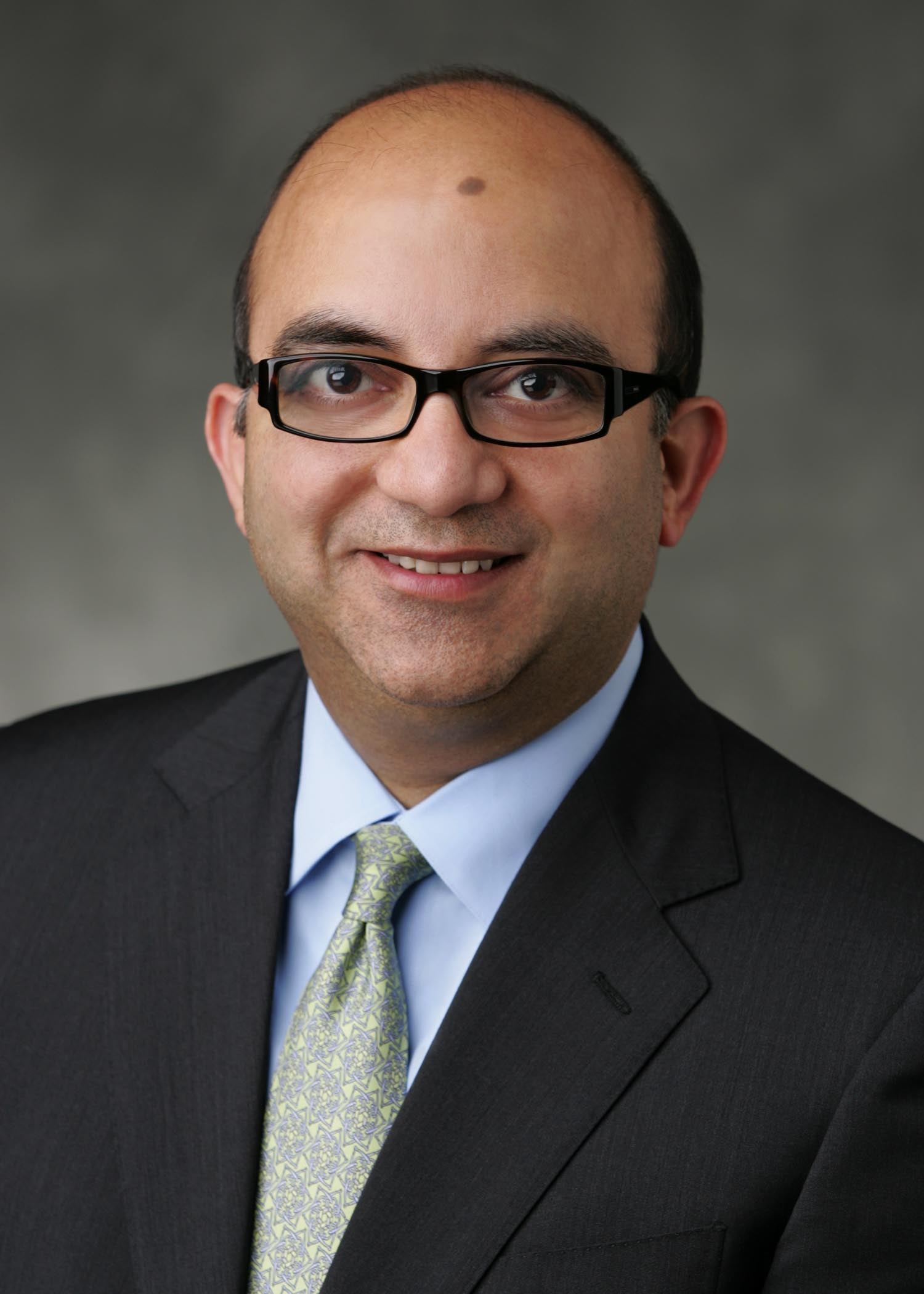Happiness: The most important pre-condition for powerful leadership

Leadership & Management
258 week ago — 8 min read
Please take a moment and reflect on the following statement:
The best leaders are selfless servant leaders who put their organisation’s and other people’s interests ahead of their own. They are ready to make personal sacrifices for greater good.
To what extent do you agree?
If you agree or strongly agree, you will be amongst the majority of people who share the same view. However, research now shows proof of what I believe was always true – the happiest people make the best leaders, and conversely, unhappy people don’t make good leaders. In fact, the best leaders put their own interest ahead of others and are happy as a result of doing so. Sounds strange? Isn’t good leadership all about self-sacrifice and serving others? No, it is not. Here’s why.
When one sacrifices, one is left with a feeling of loss. “I gave up my career to be a stay-at-home mom or dad for my children,” or “I sacrificed precious family time or more lucrative opportunities to serve the community,” are common statements we hear every now and then. The problem here is the word sacrifice, which means giving up something that is very dear to us. Whether we realize it or not, at some level this ‘giving up’ sows seeds of resentment within us. In most such cases, because we’ve paid a heavy price by sacrificing, we feel entitled to have big expectations from the people we sacrifice for. When these expectations are not met, we feel deprived and cheated.
The happiest people make the best leaders, and conversely, unhappy people don’t make good leaders. In fact, the best leaders put their own interest ahead of others and are happy as a result of doing so.
I once asked Dr. Kiran Bedi, India’s first and senior most female police officer what sacrifices she made in order to give the country so much. Here’s how she replied very firmly, “Let me be very clear Rajeev, I made no sacrifices, I only made choices….. my family got as much of me as I thought was appropriate. My priority was to serve the country.”
The truth is, real leaders don’t make sacrifices. They ONLY make choices. If family is what someone cares about the most, then he/she should indeed choose to focus on family over career. If career success is truly what you desire but often feel pressured into making the “sacrifice” to give it up, you will never be genuinely happy. The fact is, unhappy people are unable to make others around them happy because deep inside there is underlying regret and bitterness, even if they don’t know it or choose not to acknowledge it. For this same reason, unhappy people don’t make the best leaders.So, what then is happiness, and where/how does one find it? Additionally, how can we balance between work, life and family? What if we want a bit of all three? The answer lies in understanding what happiness truly means to us, and designing life intentionally around it. Most people do not even attempt to uncover the real meaning of happiness for themselves, thereby feeling unfulfilled and often under-achieving their full potential in life.
The default (mis)understanding of happiness goes something like this:
1) Once I am financially comfortable, I will be happy
2) Once I have a good job, I will be happy
3) Once I have a senior position, I will be happy
4) When I am famous, I will be happy
5) Once I have a life partner who loves me unconditionally, I will be happy
6) Once I have provided enough for my children, I will be happy Zone
7) And so on……
In the default (mis)understanding of happiness, our happiness always depends on external factors such as wealth, power, or someone’s affection. By virtue of this rationale, we tend to outsource and postpone our happiness, and often end up disappointed. The key to finding happiness is to first understand that it resides within us, not outside. It depends on us, not on others. But what is it? I think former U.S. President Franklin D. Roosevelt nailed it by saying, “Happiness lies not in the mere possession of money. It lies in the pursuit of creative effort, in the thrill of achievement.” In other words, happiness is about being crystal clear about one’s most important values, and about developing a life purpose based on those values. Furthermore, over my three decades of coaching business leaders, I have found that those who find purpose within their work are the happiest, and therefore make the best leaders. Why? By working hard on a purpose of their own choosing, they are in fact working in their own interest ahead of others.
But what about work-life balance? Again, those that have understood their most important values and have created a values-based purpose for themselves don’t have a work-life balance problem. They make choices, not sacrifices. They derive their happiness from pursuing a meaningful purpose, not simply from chasing power, position or wealth. Ironically, I’ve found that some of the busiest business leaders turn out to be the best parents and spouses because they are intrinsically happy about their own values and purpose. This intrinsic happiness makes them grateful, and as a result they find it joyful to work harder to become more caring, patient and forgiving with their families.
My own personal experience is similar. Before I had full clarity about my values and purpose, if someone asked me what my priority in life was, like most people, without thinking I would say “Family.” However, I eventually realized I was only saying so because it was a convenient, societally correct answer, but I wasn’t really doing anything consciously to be the best husband or father that I could be. Upon honestly asking myself what I wanted really wanted, I realized that giving as much to the world through my work was the single most important thing in my life. I decided to become a thought leader in my profession and made work my priority. Pursuing my passion filled me with immense happiness and a deep sense of gratitude for having the opportunity to make a difference in my own humble way. The funny thing is this: After admitting to myself that work is my #1 priority, I became a better husband and a better father. Unlike earlier, now I started making a conscious effort to be one. Now, there’s no difference between my “work” and “life” so there’s no need to balance the two. They are one and the same thing. In both, you live your values with full emotional integrity.
So, are you making choices or sacrifices?
How happy are you?
And what is the impact of your happiness (or unhappiness) on your leadership?
Image source: shutterstock.com
Article source: https://iclif.org/articles/happiness-important-pre-condition-powerful-leadership/
To explore business opportunities, link with me by clicking on the 'Invite' button on my eBiz Card.
Disclaimer: The views and opinions expressed in this article are those of the author and do not necessarily reflect the views, official policy or position of GlobalLinker.
Network with SMEs mentioned in this article
View Rajeev 's profile
Other articles written by Rajeev Peshawaria
Let the cream naturally rise to the top
293 week ago
The other duty of corporate governance
298 week ago
Most read this week












Comments (3)
Share this content
Please login or Register to join the discussion